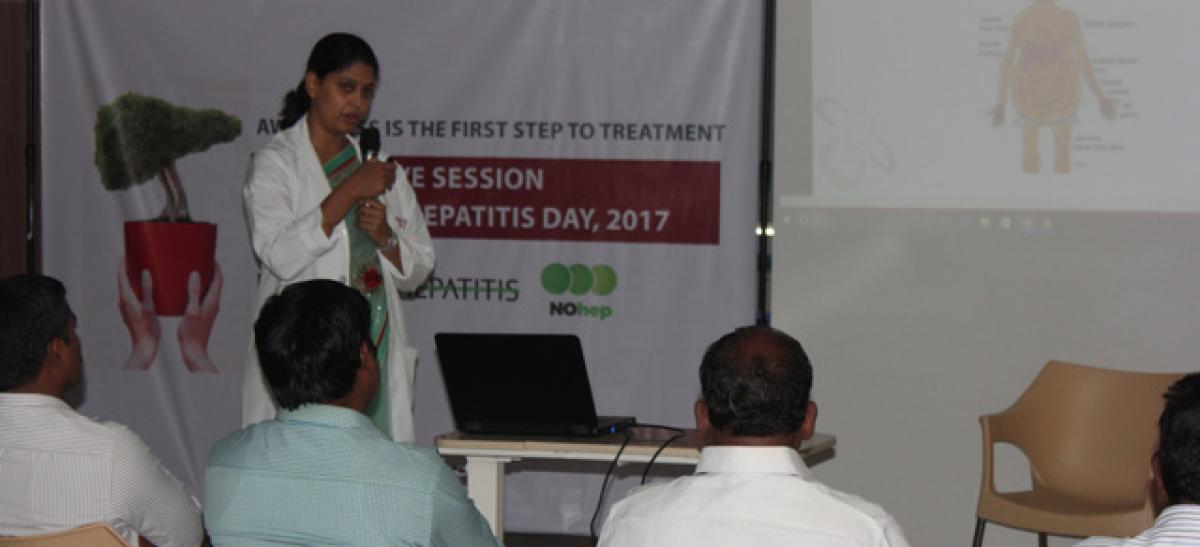Live
- Apex Court’s Seminal Verdict In Education Field
- CM discusses modalities with Union ministers
- Civic body to give boost to SHG group products
- Union Bank of India celebrates foundation day
- Thanks to Centre, AP on fast-track mode
- First Impressions and Unboxing of the MacBook Pro M4: A Powerhouse for Professionals and Creators
- China Gears Up for Potential Trade War Amid Trump’s Tariff Threats
- Small Farmers Gain Less by Selling to Supermarkets: Study Reveals
- Why Despite the Controversy, America Is Anticipating the Mike Tyson vs. Jake Paul Fight
- Sanju Samson and Tilak Varma Shine: Record-Breaking Feats in 4th T20I Against South Africa









